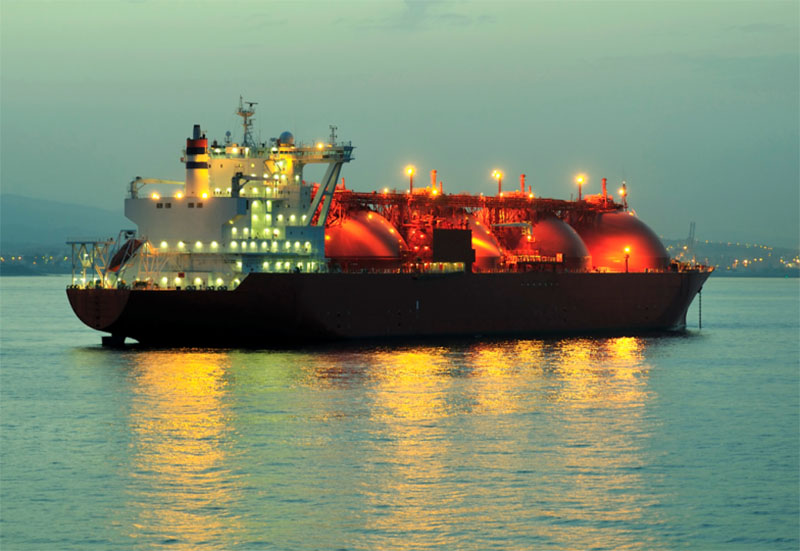President Trump’s flirtation with allowing a Jones Act exemption for foreign flag tankers to carry liquefied natural gas between U.S. ports brought Republican senators to the White House, where they said the President changed his mind.
After reports that administration was considering a 10-year waiver of Jones Act requirements to allow those LNG shipments to Puerto Rico and New England, a contingent of Republican lawmaker from the Gulf Coast and Alaska requested an urgent May 1 meeting.
“After talking to President Trump, I am confident that he realizes how important the Jones Act is to Louisiana’s maritime industry and that no changes will be made. I made the case that the livelihood of Louisiana families is at stake,” Sen. John Kennedy, R-Louisiana, said after their White House audience.
“It would be foolish to push aside those jobs in favor of foreign made and foreign crewed ships,” said Kennedy.
It was the latest round in attempts to get around the Merchant Marine Act of 1920 and its requirement that cargoes between U.S. ports be carried on U.S. flagged and crewed vessels. Puerto Rico has been a focus of those efforts in the wake of Hurricane Maria in 2017. The allies this time include a Texas oilman, Puerto Rico officials and libertarian and free-trade groups.
Bloomberg reported the effort began when Harold Hamm, CEO of Continental Resources Inc. and a shale oil pioneer who has been an energy advisor to the administration, made a case that U.S. gas suppliers have been forced to buy Russian LNG because there are not Jones Act-compliant LNG carriers for the coastwise trade between the Gulf and Northeast states.
The arrival of a Russian gas shipment at Boston in January 2018 was seized on by gas industry advocates, who said it showed the consequences of environmental groups and local opposition blocking new pipelines into New England.
Proponents of a Jones Act waiver made a similar case, arguing the Northeast and Puerto Rico both need the energy from new Gulf Coast gas terminals built for exports. Commonwealth politicians and their allies in Congress have long argued the Jones Act imposes high shipping costs that drive up the cost of living on the island, and access to LNG could help end Puerto Rico’s reliance on oil and coal for power.
But as they did after calls for a waiver after Hurricane Maria, senators from maritime industry states apparently prevailed, arguing for preserving the Jones Act in line with the administration’s stated policy of protecting and preserving U.S. jobs.




